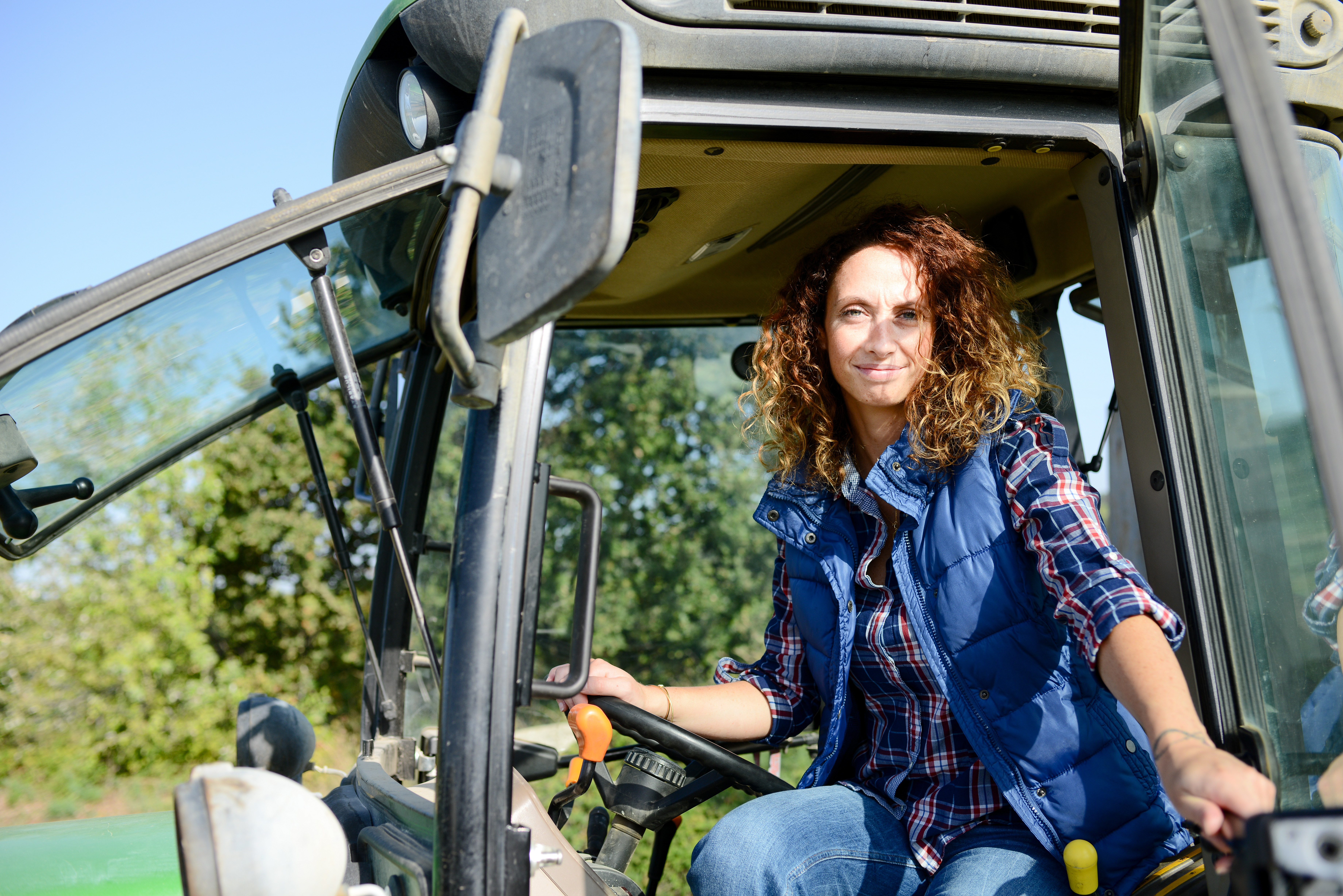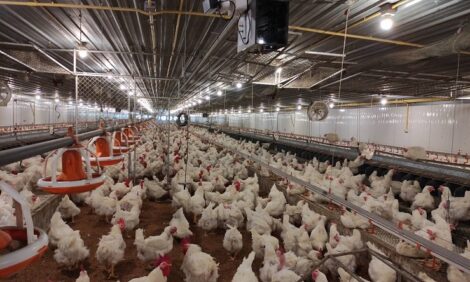



UK creates Trade and Agriculture Commission amid trade negotiations
The UK's new Trade and Agriculture Commission represents farmers, retailers and consumers and will advise the government on trade, animal welfare and environmental standards.Retailers, farming unions, consumer, hospitality and environmental bodies from across the UK have been named as members of the Government’s new Trade and Agriculture Commission.
It will be chaired by food safety expert Tim Smith, a former Chief Executive of the Food Standards Agency and Tesco Group Technical Director.
The English, Scottish and Welsh branches of the National Farmers Union (NFU) are all represented, as are the Ulster Farmers Union and the Farmers’ Union of Wales. Other members include the British Retail Council, UK Hospitality, and the Food and Drink Federation.


It will report directly to International Trade Secretary Liz Truss, advising on:
- Trade policies the Government should adopt to secure opportunities for UK farmers, while ensuring the sector remains competitive and that animal welfare and environmental standards in food production are not undermined.
- Advancing and protecting British consumer interests and those of developing countries.
- How the UK engages the WTO to build a coalition that helps advance higher animal welfare standards across the world.
- Developing trade policy that identifies and opens up new export opportunities for the UK agricultural industry – in particular for SMEs – and that benefits the UK economy as a whole.
The scope of the Commission was agreed after close consultation between farming unions, the Department for International Trade and Department for Environment, Food and Rural Affairs. It will be set up for six months and submit an advisory report at the end of its work which will be presented to Parliament by the Department for International Trade.
International Trade Secretary, Liz Truss, said:
“My officials and I are working round the clock to ensure that any trade deal we strike brings the very best opportunities to the UK’s farming community.
“We recognise the importance of engaging with the agriculture industry and seeking expert advice, which is why we have set up the Commission.
“We are putting British farming first and giving our producers the best opportunity to export their world class food abroad and grow their businesses. Our high food and animal welfare standards won’t be compromised.”
George Eustice, Environment Secretary said:
“We have been consistently clear that we will not compromise on our high environmental protection, animal welfare and food standards in all of our trade negotiations.
“The Agriculture and Trade Commission will ensure that the UK’s agricultural industry, our support for farmers and our commitment to high welfare standards are maintained. This Government will work hard to ensure any future trade deals are in their best interests and will prioritise both food production and our world-leading environmental targets.”
The agriculture and food industries are our largest manufacturing sectors employing more than 4 million people and contributing £120 billion to our economy. The new Commission will play a crucial part advising on how trade policy can create further growth and stimulate this critical pillar of our economy.
Chair of the Agriculture and Trade Commission, Tim Smith, said:
“The trade decisions the Government is making now will shape the future not just of British food and farming, but the whole country, so it is important that the voices of industry and the British public are heard.
“This Commission will bring a clear-eyed perspective on what is fair and works for consumers, farmers, food producers and animals. I am delighted to chair it, and look forward to independently advising the Government on how trade policy can both protect and advance the interests of British farming and the UK as a whole.”
NFU response
President of the NFU, Minette Batters, said
“Today’s announcement (regarding the Trade and Agriculture Commission) is a hugely important development in ensuring UK farming’s high standards of animal welfare and environmental protection are not undermined in future trade deals. It is, however, one part of a much broader challenge our farmers face in ensuring the UK’s trade policy delivers a prosperous and sustainable future for them.


“Alongside the work of the Commission, we will continue to engage directly with government on the bilateral negotiations that are underway, to make sure our future trade deals smooth the way for a growth in exports of our great British produce. But this must not come at any cost – if the deal on the table means unfair competition for UK farmers in our home market, then our negotiators must be prepared to walk away. We must not agree a trade deal just for the sake of agreeing a trade deal, and the UK’s high standards must not become a bargaining chip. Regardless of the Commission’s work, we will continue to scrutinise all and any negotiations over the months and years ahead to get the best outcome for British farmers and consumers alike.
“And the work of the Commission will be of little value if Parliament is not given a greater say in the trade deals we do strike. The current arrangements for MP oversight of trade agreements are part of a system designed in a bygone era of international treaties. In today’s world of sophisticated supply chains, multilateral trading rules and extensive and complex regulatory frameworks, it must be brought up to date.
“Taking back control means an independent trade policy that works for UK businesses, workers and consumers. But taking back control is meaningless if our sovereign Parliament isn’t given a clear voice on whether trade deals meet those outcomes, as is the norm with countries all over the world. Our trade partners will be giving their Parliaments the final say on any trade deals they do with the UK – we must do likewise.
“These priorities – trade deals that work for UK farmers and consumers, as well as our farmed animals and our environment, and a modern day system of Parliamentary oversight of our trade policy – will be underpinned by the important work of the Trade and Agriculture Commission in the months ahead, and the NFU stands ready to contribute whatever technical expertise it can so that the Commission can do this job as quickly and robustly as possible.
“It must produce a detailed roadmap on farm to fork trade policy for Parliament so MPs can understand what is required to ensure UK farming’s high production standards are safeguarded in our international trade policy. The Commission must also be able to scrutinise the details of our current trade negotiations, and advise Parliament accordingly, and it should set out a long-term vision for UK leadership on the global stage in promoting sustainable and climate friendly models of food production across the world.
“The independence of the Commission is paramount, as is its accountability to Parliament, and Ministers must set out to MPs how they intend to implement its recommendations. The role of the independent Chair will be critical, and we look forward to working with him in the weeks ahead to ensure the Commission meets the expectations and ambitions of all the consumers, campaigners and farmers who have demonstrated over recent months how important this issue is.
“I remain ambitious and optimistic about the future of farming in our country. We produce to some of the highest standards in the world, our unique selling point as we open up markets overseas. But it mustn’t become our Achilles heel by forcing farmers to compete with producers who aren’t required to shoulder the same cost burdens. We must now make sure that the Commission, our negotiators and our Parliament are all properly equipped to ensure a prosperous and sustainable future for UK agriculture.”









